The Romanian Association „Asociatia Crestin Umanitara Slujirea Vietii” and its partners, announces the completion of the project 2016-3- RO01-KA105- 035416 – Open Hearts, funded by the European Commission through the Erasmus + Program.
Open Hearts was an International Youth Exchange project which involved organizations and participants from program attendee countries (Romania and Spain) and from a neighboring partner country close to the EU – Republic of Moldova.
Project lifetime: feb 1st, 2017 – jan 31st, 2018.
Exchange Time period: July 19th – July 26th, 2017
Exchange Activity Location: Zarnesti city, Brasov County, Romania
The participating organizations were:
– “Asociatia Crestin Umanitara Slujirea Vietii” association from Romania (the applier, coordinator organization and host) alongside its partners,
– “Asociatia Obsteasca Caroma Nord” (Republic of Moldova) sending organization
– “Asociacion Building Bridges” (Spain) sending organization
The Project Open Hearts brought together 29 participants; 24 youths, 4 group leaders and 1 attendant for 1 young woman with sensory impairments (blind) from 3 countries. Of the project participants, 14 of them are youths with limited opportunities: 4 have severe disabilities, 3 suffer from serious illnesses and the others are
Romani NEET’s or rroma ethnicity with a limited educational background (two youths have primary and general studies respectively) from rural communities and with financial problems Open Hearts had purposed raising awareness level regarding human rights through intercultural dialogue, removing stereotypes, tolerance promoting and of mutual understanding and running team focused entrepreneurial activities.
Specific Objectives of the project were:
– Developing solidarity among the young participants and promoting mutual tolerance between them
– Increasing the involvement young people have in social matters by having them actively participate during the project and through intercultural learning
– Identifying the good practices that will integrate the youths with disabilities
– Having them 24 exchange participants be aware of the promoting necessity and develop an entrepreneurial spirit
– Developing a long term partnership between the parteners
The non formal education methods used were interactive and participatory, constantly involving the young participants: knowledge games, workshops, photovoice, cultural and thematic visits, storytelling, teamwork, team presentations, music and dancing, traditional food, learning trips, learning trough practical activities, teambuilding, group facilitated discussions.
The Project pointed out the role young people play in respecting human rights so that all youths may live together in harmony, dignity and mutual respect
The main activities unfolded in the project were:
1. Preparing the project
2. Promoting the project and Erasmus+ programme
3. Youth exchange
4. Project result dissemination – international press conference with the participation of the representatives of the local authorities
5. Monitoring
6. Evaluation
The activities of the youth exchange have taken place during an 8 day period , without counting the traveling days, between 19th and 26th of July 2017 and were implemented trough non formal education methods. Within the youth mobility process and in agreement with the objectives of the program, the following activities took place
1. Participants introduction – My story
2. Project and the Erasmus+ programme promoting
3. Thematic seminars (informing about the dangers and prevention of discrimination)
4. Photovoice – Discrimination Kills Dreams – a photo exposition, on the theme of discrimination situations as observed by the participants
5. Cultural and thematic visits
6. Workshops for young entrepreneurs: Discovering and experimenting with different types of handmade businesses: hand crafted candles, the technologic process fruit and vegetable conservation, meetings with entrepreneurs and local craftsmen.
7. Intercultural nights
The proposed activities had contributed at developing a spirit of solidarity, tolerance and understanding, increasing motivation in order to stimulate active participation, developing communication skills and team spirit, casting aside social and cultural barriers, the elimination of stereotypes and prejudice, offering the young participants the chance to make the most out of their own experience and to participate in workshops.
At the end of the project we have the following results
– One Facebook page of the project with the details regarding the purpose, objectives and results of the project; and photos taken during the activities
– We informed over 5000 people from Romania, Republic of Moldova and Spain – the countries of origin of the participants – regarding the results of the project and raising the visibility of the Erasmus+ Programme (trough the Facebook page, by adding up the number of friends of each participant, each participant having to disseminate on their own page)
– 1 long term partnership and new projects
The participants received a Youthpass, the European certificate for youths, which attests to the skills gained during the exchange
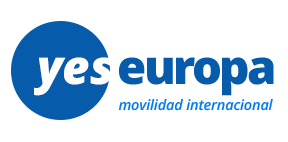
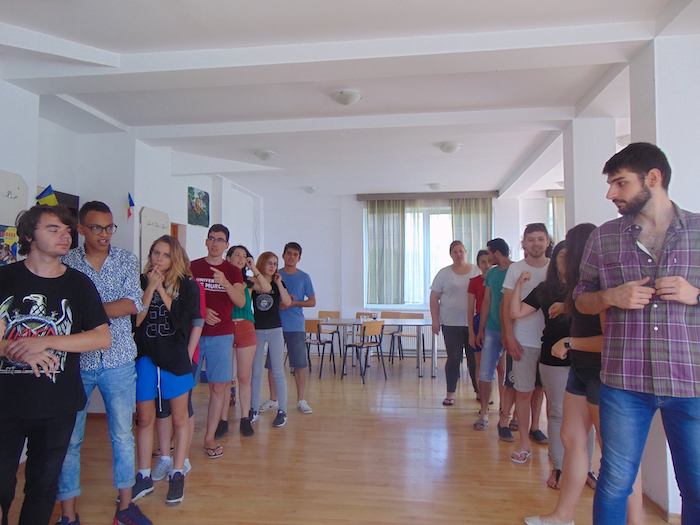
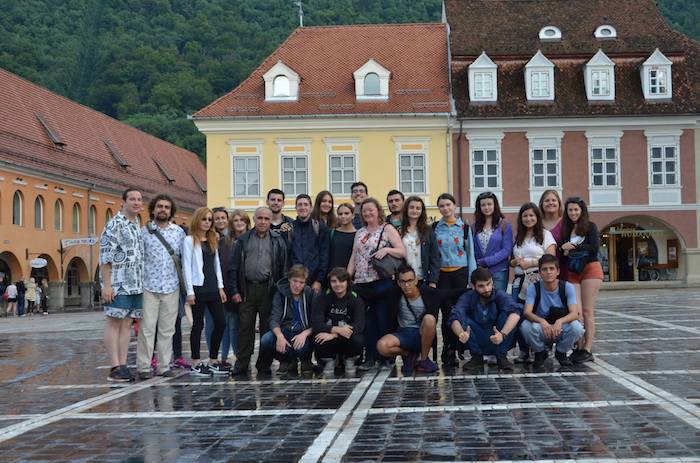
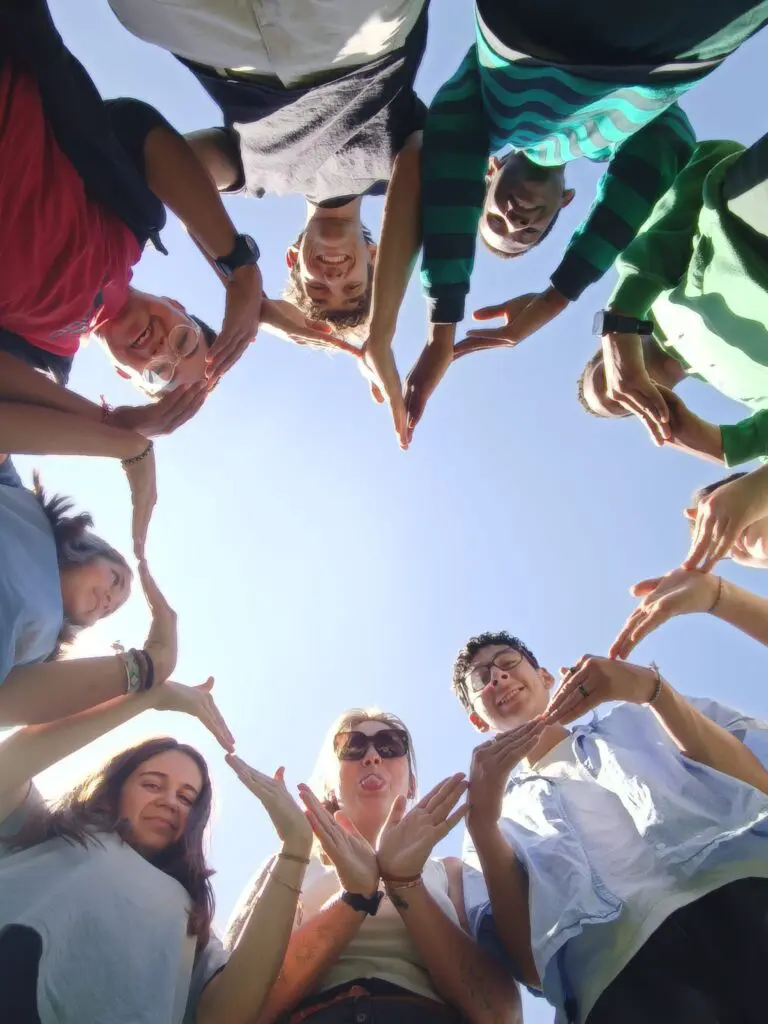
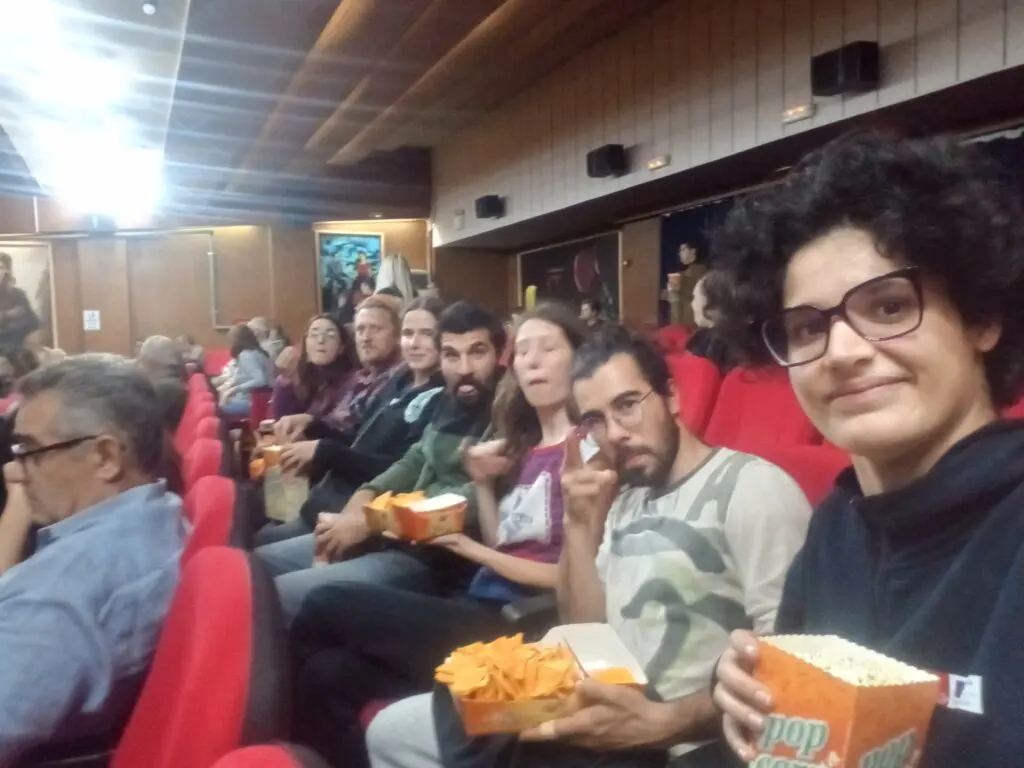
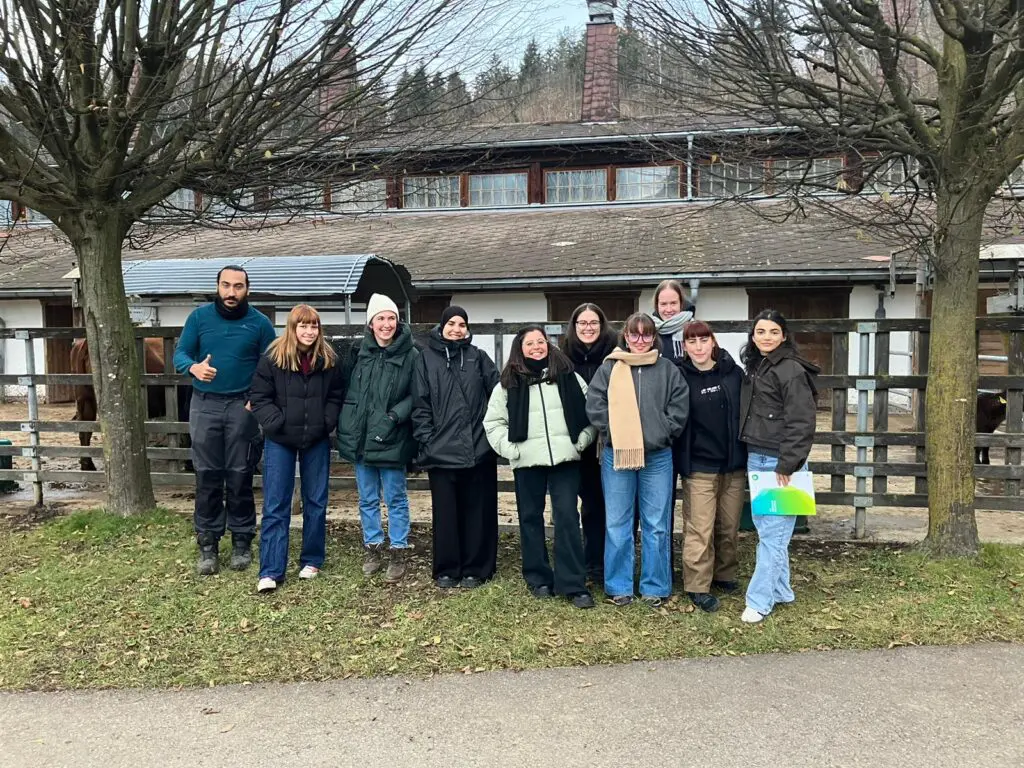
Add a comment